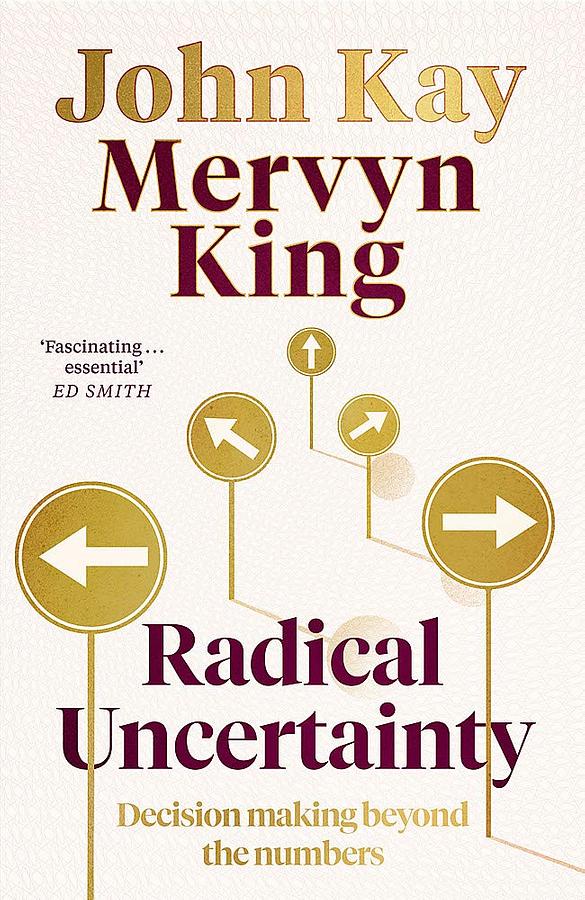內容簡介
內容簡介 Uncertainty pervades the big decisions we all make in our lives. How much should we pay into our pensions each month? Should we take regular exercise? Expand the business? Change our strategy? Enter a trade agreement? Take an expensive holiday? We do not know what the future will hold. But we must make decisions anyway. So we crave certainties which cannot exist and invent knowledge we cannot have. But humans are successful because they have adapted to an environment that they understand only imperfectly. Throughout history we have developed a variety of ways of coping with the radical uncertainty that defines our lives. This incisive and eye-opening book draws on biography, history, mathematics, economics and philosophy to highlight the most successful - and most short-sighted - methods of dealing with an unknowable future Ultimately, the authors argue, the prevalent method of our age falls short, giving us a false understanding of our power to make predictions, leading to many of the problems we experience today. Tightly argued, provocative and written with wit and flair, Radical Uncertainty is at once an exploration of the limits of numbers and a celebration of human instinct and wisdom.
作者介紹
作者介紹 Mervyn King was Governor of the Bank of England from 2003 to 2013 and is currently Professor of Economics and Law at New York University and School Professor of Economics at the London School of Economics. Lord King was made a life peer in 2013 and appointed by the Queen a Knight of the Garter in 2014. He is the author of The End of Alchemy. John Kay is a Fellow of St John's College, Oxford and has held professorial appointments at the University of Oxford, London Business School and the London School of Economics. He is a director of several public companies and for many years contributed a weekly column to the Financial Times. He chaired the UK government review of equity markets which reported in 2012 recommending substantial reforms. He is the author of many books including Other People's Money, The Truth about Markets, The Long and the Short of It and Obliquity.
